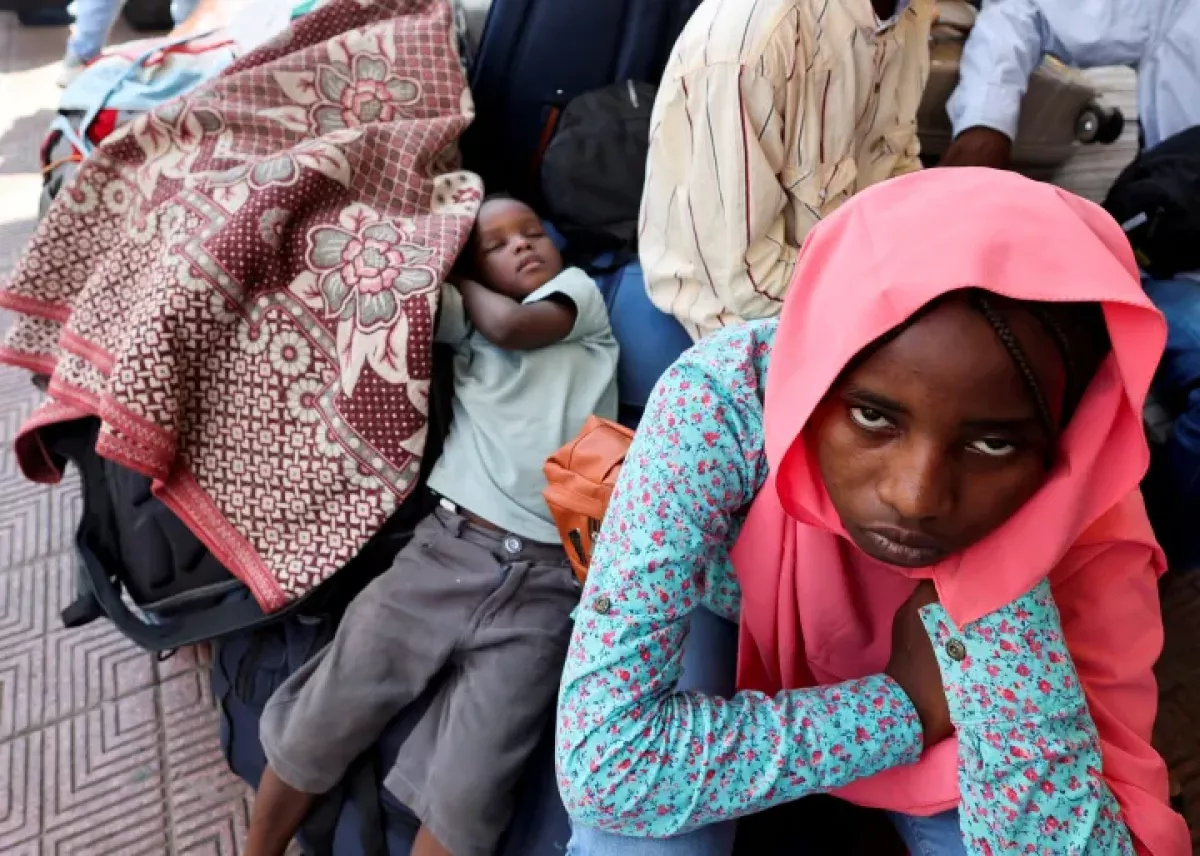Sudan’s war and the waning power of US diplomacy
Sudan’s brutal civil war, now in its third year, has become a grim showcase of regional rivalries and the decline of American influence in the Horn of Africa.
According to Foreign Affairs, Egypt, Saudi Arabia, the United Arab Emirates (UAE), and the United States announced on September 12 a joint road map aimed at halting the conflict between Sudan’s army and paramilitary rebels. The breakthrough plan—known as the Quad initiative—called for a three-month humanitarian truce, a permanent cease-fire, and a political process to establish a civilian-led government.
But as Foreign Affairs notes, the fighting in Sudan has continued to rage, and the Sudanese Armed Forces (SAF) has publicly rejected the proposal.
Bringing Arab powers into alignment was seen as a first step, but a vast gulf still separates the Sudanese factions. The US itself may not have the leverage or appetite for the long-term engagement needed to push the deal through.

Declining US clout
Foreign Affairs argues that Sudan exemplifies Washington’s diminishing sway across Africa. In the 1990s and early 2000s, the United States “gave peacemaking a center of gravity,” supporting agreements such as the 2000 Algiers Accord between Ethiopia and Eritrea and the 2005 Kenya-led peace deal that ended Sudan’s previous civil war. European powers largely followed Washington’s lead, and regional actors rarely challenged US efforts.
But over the past 15 years, US engagement has receded as Washington shifted focus to China and the Middle East.
Where the United States mostly saw problems and headaches to solve, some regional middle powers saw fresh opportunities, Foreign Affairs observes. The UAE, Saudi Arabia, Qatar and otehr countries poured billions into African ports, trade corridors, and infrastructure. These investments gave them new leverage but also fueled competition that aggravated conflicts.
Sudan at center of rivalries
The magazine highlights Sudan’s strategic importance: fertile farmland along the Nile, access to the Red Sea, and a position linking Africa to the Arab world. After the ouster of dictator Omar al-Bashir in 2018, Washington failed to capitalize on a rare democratic opening, delaying the lifting of sanctions that weakened Sudan’s fledgling civilian administration.
By 2021, military leaders General Abdel Fattah al-Burhan and Mohamed Hamdan Dagalo (Hemedti) staged a coup—setting the stage for the devastating war that erupted in April 2023.
Regional powers quickly picked sides.
The UAE continues to deny that it is arming and funding the RSF. But African, Arab, U.S., and European officials widely believe that the UAE is behind the massive logistical operation that has kept the RSF supplied, Foreign Affairs writes.
Saudi Arabia has tried to remain neutral but increased its support to the SAF. Riyadh fears that state collapse in Sudan could destabilise the Red Sea and spill over into Egypt.
Regional blocs, failed mediations
As Foreign Affairs describes, the war has polarised the region. Eritrea and Djibouti lean toward the SAF, while Chad, Ethiopia, South Sudan, and Uganda are closer to the RSF. Competing mediation efforts have repeatedly collapsed. US- and Saudi-brokered talks in Jeddah stalled; attempts by African leaders failed without Arab backing; and US-led peace talks in Switzerland fizzled after the SAF refused to attend.
The Trump administration’s Africa envoy, Massad Boulos, tried in mid-2024 to align Egypt, Saudi Arabia, and the UAE on an endgame. Even after the September road map, however, Burhan distanced himself and the RSF escalated offensives.
A Harbinger of Future Wars
Sudan has become the epicenter of this middle-power contest, Foreign Affairs warns. The war is intensifying with new drones and advanced weapons. Khartoum lies in ruins, millions are displaced, and in August the RSF even swore in its own rival government in Darfur, deepening Sudan’s de facto partition.
The crisis shows how multipolar competition can prolong conflicts that no single outside power can resolve. No outside power alone has the sway to force the belligerents to the table, the magazine stresses.
The lesson, Foreign Affairs concludes, is that Washington cannot afford to fully retreat. Washington will need to learn to adapt and contribute to mediation processes in which it is one of various players, not the decider. Otherwise, catastrophic wars like Sudan’s could multiply.
By Sabina Mammadli








